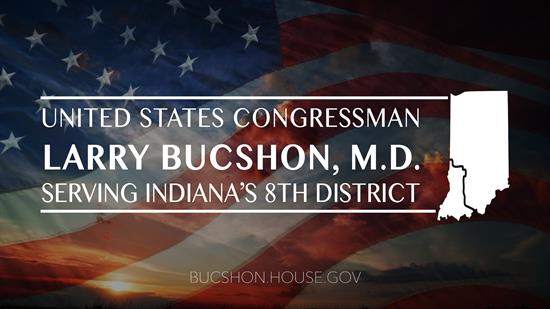Press Releases
American Innovation Should Lead Climate Change Policy – Not an International Treaty
Washington,
May 2, 2019
Tags:
Jobs and the Economy
“Climate change is an issue that needs to be addressed. However, Democrats are using climate change as a political tool to strengthen Washington’s control of the economy and consumer choice, without any guarantees of actually reducing emissions, which is why I cannot support this legislation. President Obama hastily entered the United States into the Paris Agreement – which should be a treaty subject to the ratification of the Senate – that would have allowed other nations to force unrealistic regulations on America costing millions of jobs, increasing energy prices for ratepayers, and burdening small businesses with regulations while giving a free pass to the world’s largest polluters, such as China, Russia, and India. The right way to tackle climate change policy is by continuing to remove barriers to innovation, incentivizing more clean energy, and putting forth realistic, free-market solutions driven by the American consumer – a proven approach that has already resulted in significant emissions reductions in the United States.” Background The United States is leading the world in reducing greenhouse gas emissions, thanks to innovation and technological development, by showing a decline in carbon emissions in 7 of the past 10 years. As stated by the International Energy Agency (IEA) in their Global Energy & CO2 Status Report:
The Climate Action Tracker, a European consortium of research organizations, found that the participating nations’ commitments will not meet the temperature goals in the Paris Agreement. The European Climate Action Network, another think tank, reported last summer that all European Union countries are off target: No single country in Europe is performing sufficiently to meet Paris Agreement goals. And those that have been making the most progress on their promises, did not make large commitments in the first place. At the same time, we have the United Nations Emissions Gap Report, released in November 2018, which assessed the situation and reported that all these countries will have to at least triple their efforts to meet the Paris Agreement’s basic goals—if not increase their goals five-fold to meet more stringent temperature targets, regardless of the economic impacts. |


